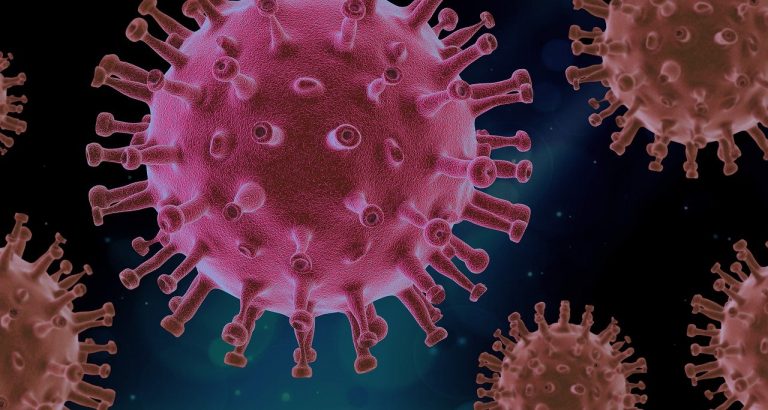Data from PHE have shown that AstraZeneca's vaccine, with both doses, can offer protection against the Delta variant.

Topics covered
Data from the UK health authority Public Health England (PHE) have shown that AstraZeneca’s vaccine, with both doses, is able to offer a very high level of protection against the Delta variant, i.e. the Indian variant.
Delta variant: the efficacy of AstraZeneca’s vaccine
The vaccine is effective against the Delta variant. This was announced by AstraZeneca. The PHE data, published as a preprint, show that both doses of this vaccine are 92% effective against hospitalisation due to the Delta variant. They have so far shown no deaths among those vaccinated.
The vaccine also showed a high level of efficacy against the Alpha variant, the English variant, with an 86% reduction in hospitalisations and no reports of deaths.
The data suggest that the efficacy of the AstraZeneca vaccine against milder symptomatic disease is lower, at 74% against the Alpha variant and 64% against the Delta variant. The efficacy against severe disease and hospitalisation “is supported by recent data showing a strong T-cell response to the AstraZeneca vaccine, which should correlate with high and durable protection”.
Delta variant: the analysis
The analysis included 14,019 Delta variant cases, of which 166 were hospitalised, between 12 April and 4 June.
Emergency hospital admissions in England were examined. This is a trial against the Delta variant based on limited follow-up after the second dose, “which may affect the estimate of efficacy,” AstraZeneca said. Mene Pangalos, Executive Vice President BioPharmaceuticals R&D, explained that this trial shows that AstraZeneca’s vaccine provides a high level of protection against the Delta variant, which is of great concern.
Delta variant: the study in Lancet
The Indian variant is currently predominant in the UK and appears to be 60% more contagious than the UK variant. Vaccines are able to reduce the risk of hospitalisation, but it takes 28 days after the first dose to see high levels of protection against this variant. The Pfizer-BioNTech vaccine provides 79% protection, compared to 92% against the UK variant.
The AstraZeneca vaccine has 60% protection against infections caused by the Indian variant, compared to 73% against the English variant. The percentages increase when it comes to protection against hospitalisation. This was revealed in a study funded by the Medical Research Council, UK Research and Innovation Industrial Strategy Challenge Fund and Health Data Research UK, supported by the Scottish Government.
Professor Aziz Sheikh, director of the Usher Institute at the University of Edinburgh and head of the EAVE II study, explained that within weeks the Delta variant had become the dominant strain in Scotland. “Unfortunately it is associated with an increased risk of hospitalisation. Although they may not be as effective as against the other variants, two doses of the Pfizer/BioNTech and Oxford/AstraZeneca vaccines still offer substantial protection against the risk of infection and hospitalisation,” he said. Two studies have confirmed the effectiveness of the Delta variant vaccines.





Leave a Reply